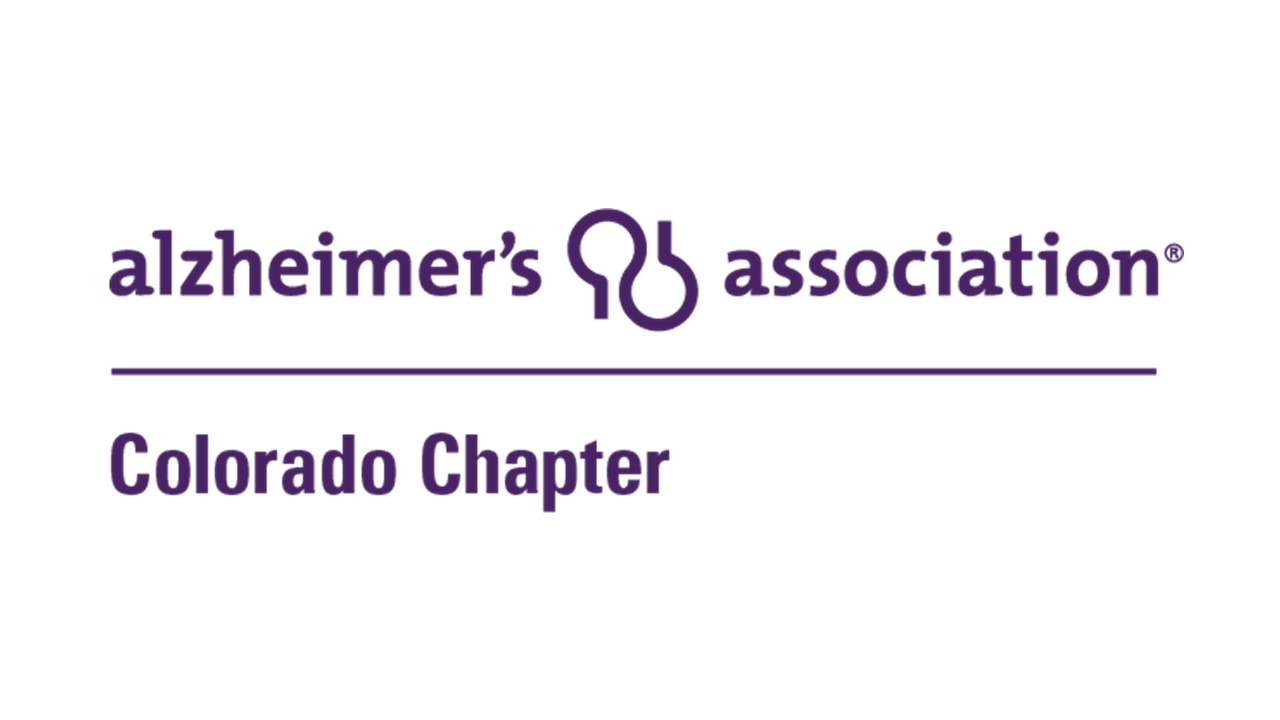AARP Hearing Center

Despite being the No. 7 cause of death of Americans, and despite being the single largest risk to the health of our Medicare system, Alzheimer’s disease is not widely understood. Even some of the people most clearly at risk will go to great lengths to maintain a distance from the illness.
“Callers to our Helpline sometimes won’t even give us their name,” said Meg Donahue, director of Community Engagement for the Alzheimer’s Association of Colorado, which operates the Association’s free multi-language Helpline that is accessible 24/7, 365 days a year to provide information and counsel to individuals who have questions or concerns about their own or a loved one’s mental health.
“For some, acknowledging their concerns about memory loss may be an admission of their worst fears – that they have Alzheimer’s disease,” said Donahue. “For that reason, many people don’t want to address the subject.”
Yes, Alzheimer’s deserves its fearsome reputation. It kills more people annually than breast and prostate cancers combined. Every 65 seconds, someone in the U.S. is diagnosed with the disease for which there is no prevention and no cure. And caring for people with Alzheimer’s and other dementias is currently taking 1 of every 5 Medicare dollars – a total expected to rise to $1 of $3 by 2050 if a cure is not found.
The Alzheimer’s Association is the world’s largest non-profit funder of research to find a cure for the disease. That research is ongoing. Until a cure is found, people should be aware of some common myths regarding Alzheimer’s:
Myth 1: Memory loss is a normal part of aging
Reality: It’s normal to have occasional memory challenges as we age, such as forgetting names of someone you just met. The frequent memory loss that is part of Alzheimer’s disrupts your daily life, such as needing to rely on memory aids or family members for things that one previously handled on their own.
Myth 2: Alzheimer’s is not a fatal disease
Reality: Alzheimer’s disease is America’s seventh-leading cause of death – ahead of breast and prostate cancers combined. It slowly destroys brain cells, ultimately leading to the loss of body functions and death.
Myth 3: Alzheimer’s only affects the elderly
Reality: More than 6.5 million Americans are living with Alzheimer’s, including people in their 50s, 40s and even 30s. An estimated 200,000 people in the U.S. under age 65 are living with Alzheimer’s.
Myth 4: The risk from Alzheimer’s is the same for everyone
Reality: While the main risk factor for Alzheimer’s is aging, some population groups are at greater risk. Black Americans are twice as likely as Whites to be diagnosed, and Hispanic Americans are 50 percent more likely than Whites. And, as a group, two-thirds of Americans with Alzheimer’s disease are women.
Myth 5: I can ignore the symptoms of Alzheimer’s and get by
Reality: Some people are able to temporarily work around the memory loss and other symptoms of Alzheimer’s, compensating in other ways, but delaying diagnosis is detrimental because it also delays access to medications, supportive services, planning and other resources that help both the person with Alzheimer’s as well as caregivers and loved ones. Delaying the diagnosis does not delay the progression of the disease.
To learn more about Alzheimer’s disease and services available through the Alzheimer’s Association, go to www.alz.org or call the free 24-hour Helpline at 800-272-3900. All programs are available to families at no charge.
Contact: Jim Herlihy, Marketing & Communications Director (720) 699-9286 or jherlihy@alz.org































































